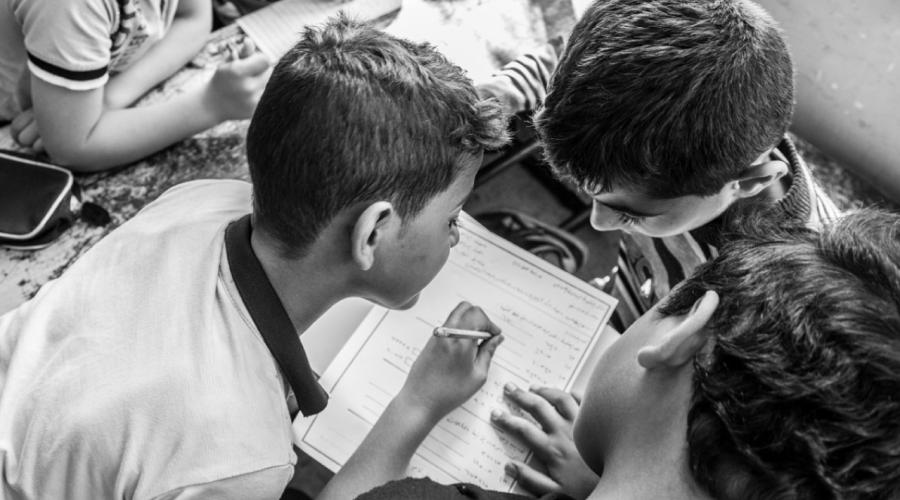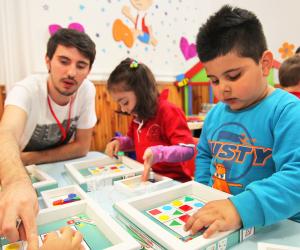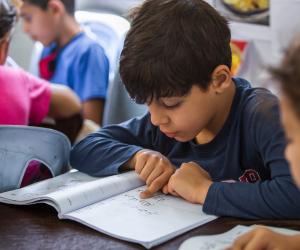
Determinants of Student Achievement on PISA 2018: The Case of Jordan’s Public School Students
Executive Summary
Jordan’s students have been consistently underperforming in reading literacy, with many not even reaching minimum proficiency levels on international assessments. Researchers have been widely interested in what factors determine student achievement to advance student learning. The literature identifies a number of factors including but not limited to students’ socioeconomic background, pre-school attendance, levels of parental support and growth mindset.
This paper, drafted to inform the development of Jordan’s National Literacy Strategy, explores the determinants of students’ reading literacy achievement from the Organization for Economic Cooperation and Development’s (OECD) Program for International Student Assessment (PISA) for the year 2018, to identify possible policy and programmatic interventions. In line with literature exploring similar research questions, this was conducted using regression analysis, including four categories of predictor variables:
- Student and home characteristics
- Students’ beliefs and abilities
- Classroom-based practices
- School-level factors
Key findings
- 23% of the variation in students’ reading achievement is attributable to student and home background characteristics.
- Student beliefs and abilities altogether explained a further 10% of the variation in students’ reading achievement, when controlling for student and home characteristics.
- Classroom-based practices were not significant predictors of student achievement when controlling for student and home background characteristics, in addition to student beliefs and abilities.
- Quantitative measures of access and quality of school-level factors or resources were not significant predictors of student achievement when controlling for student and home characteristics, student beliefs and abilities and teacher-level factors.

